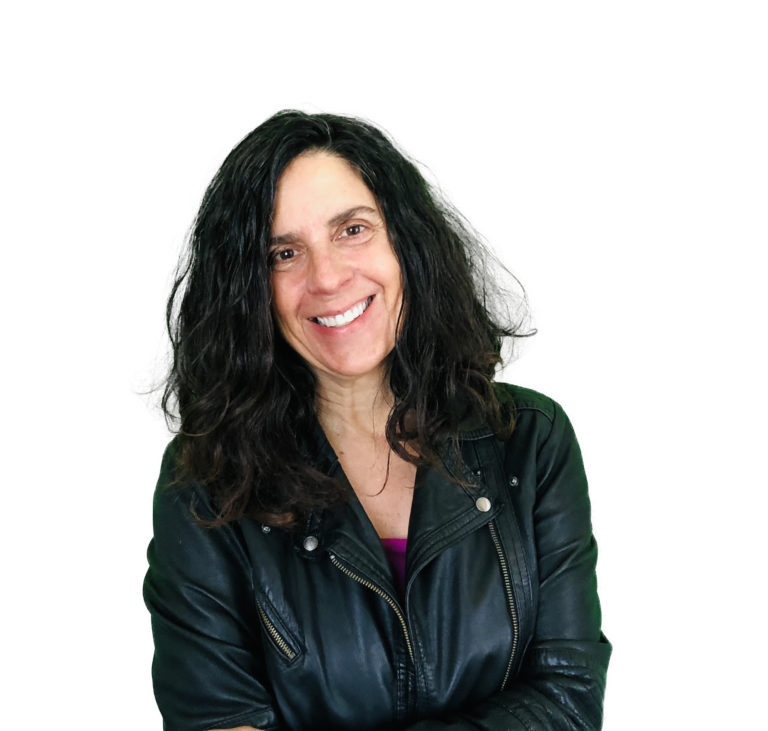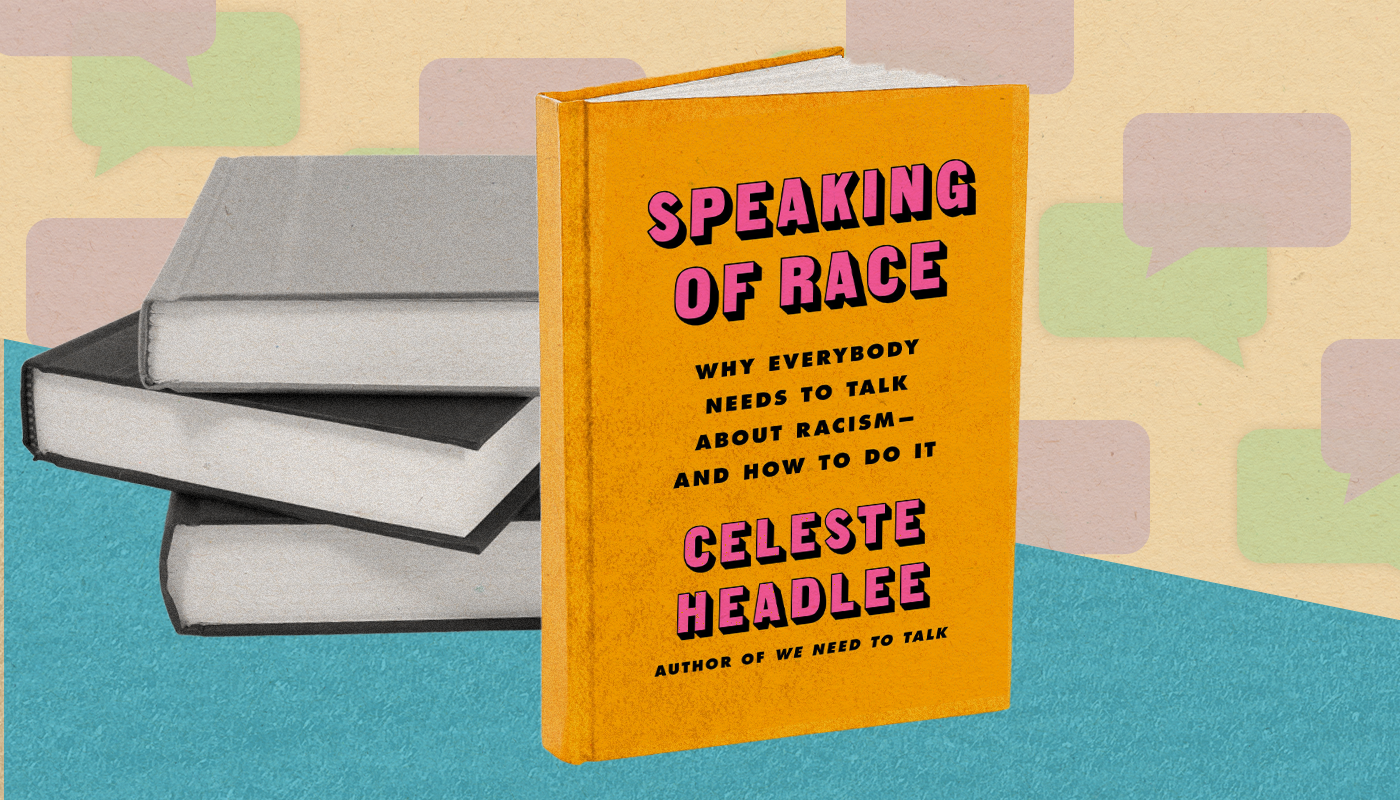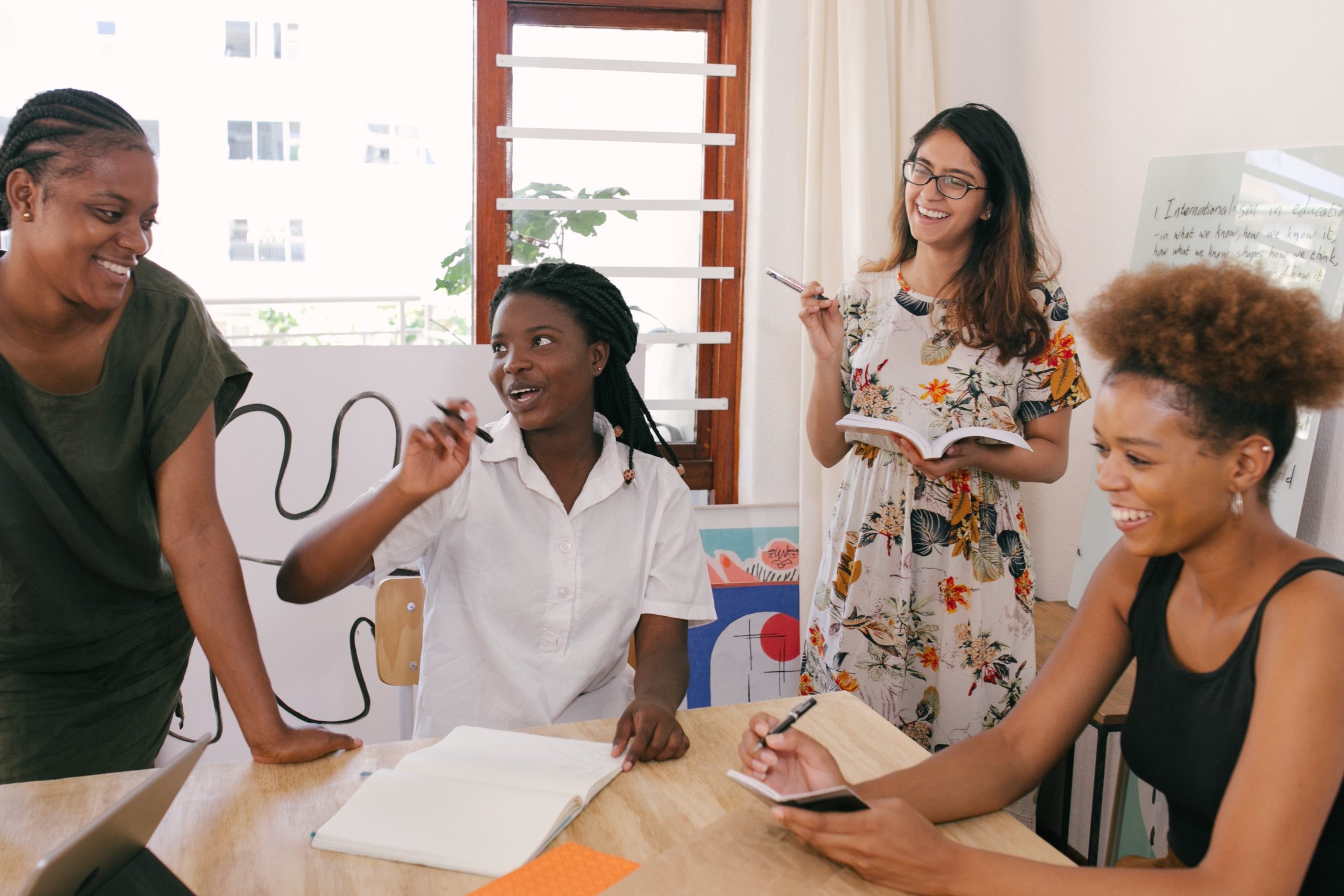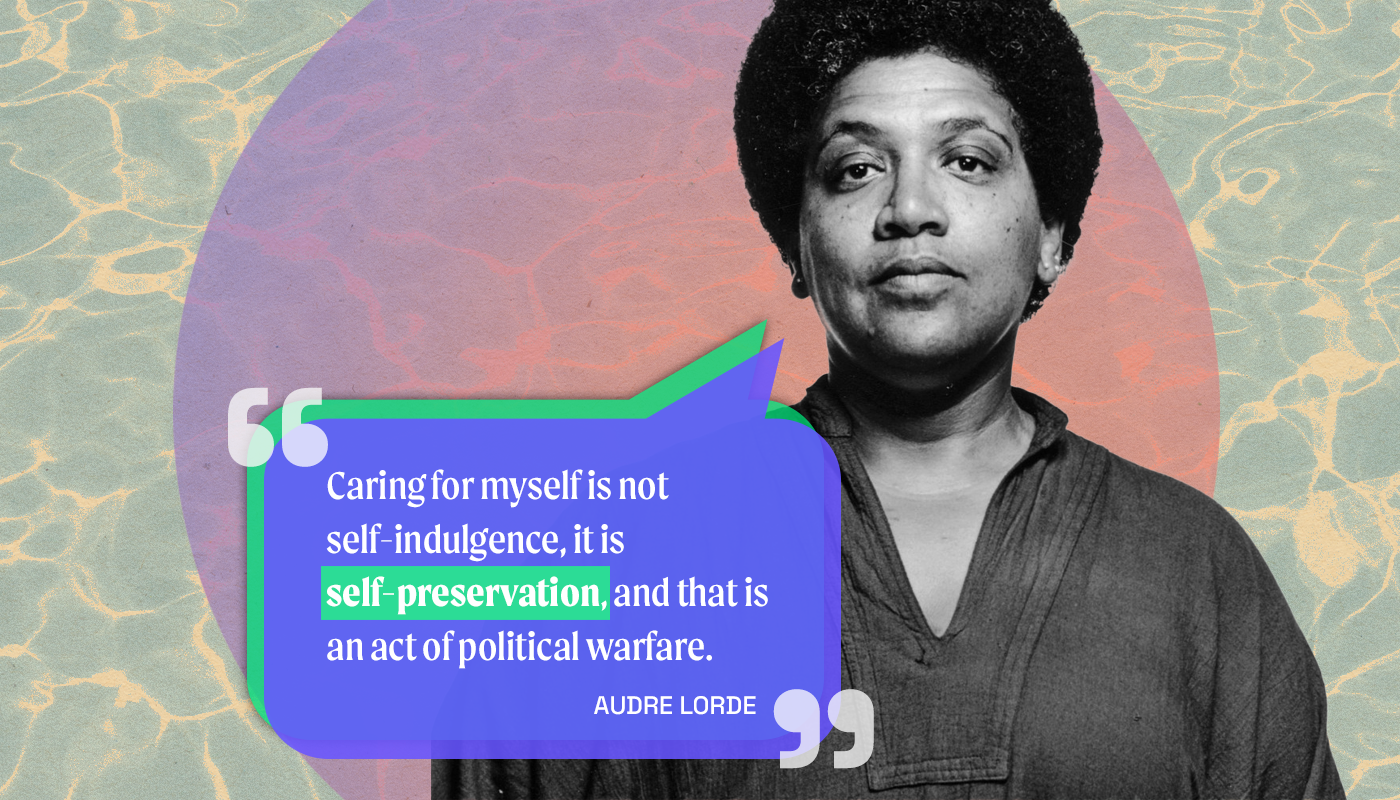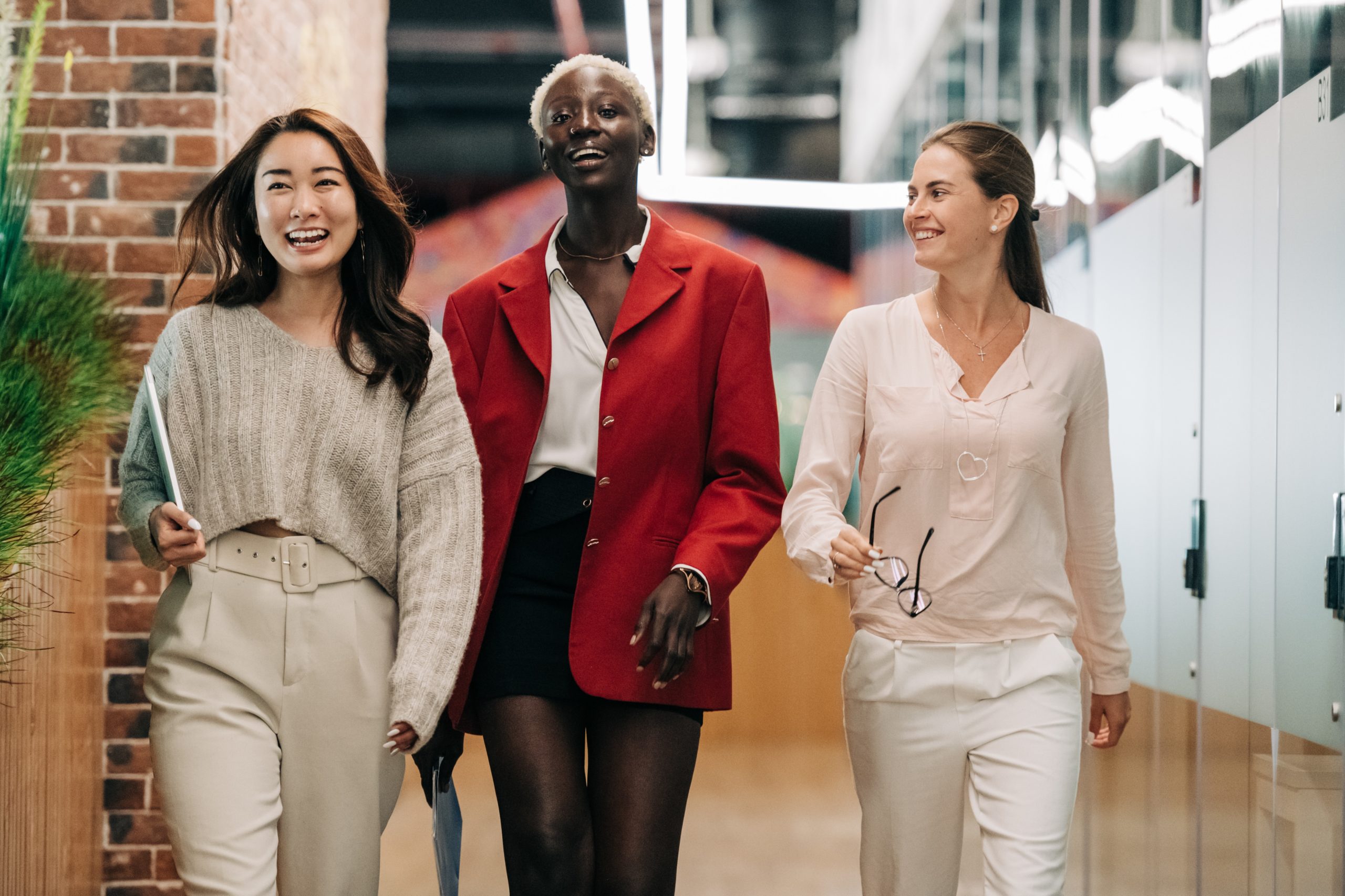Our workplaces are natural incubators for social justice
Modest interventions can erase in-group out-group distinctions.
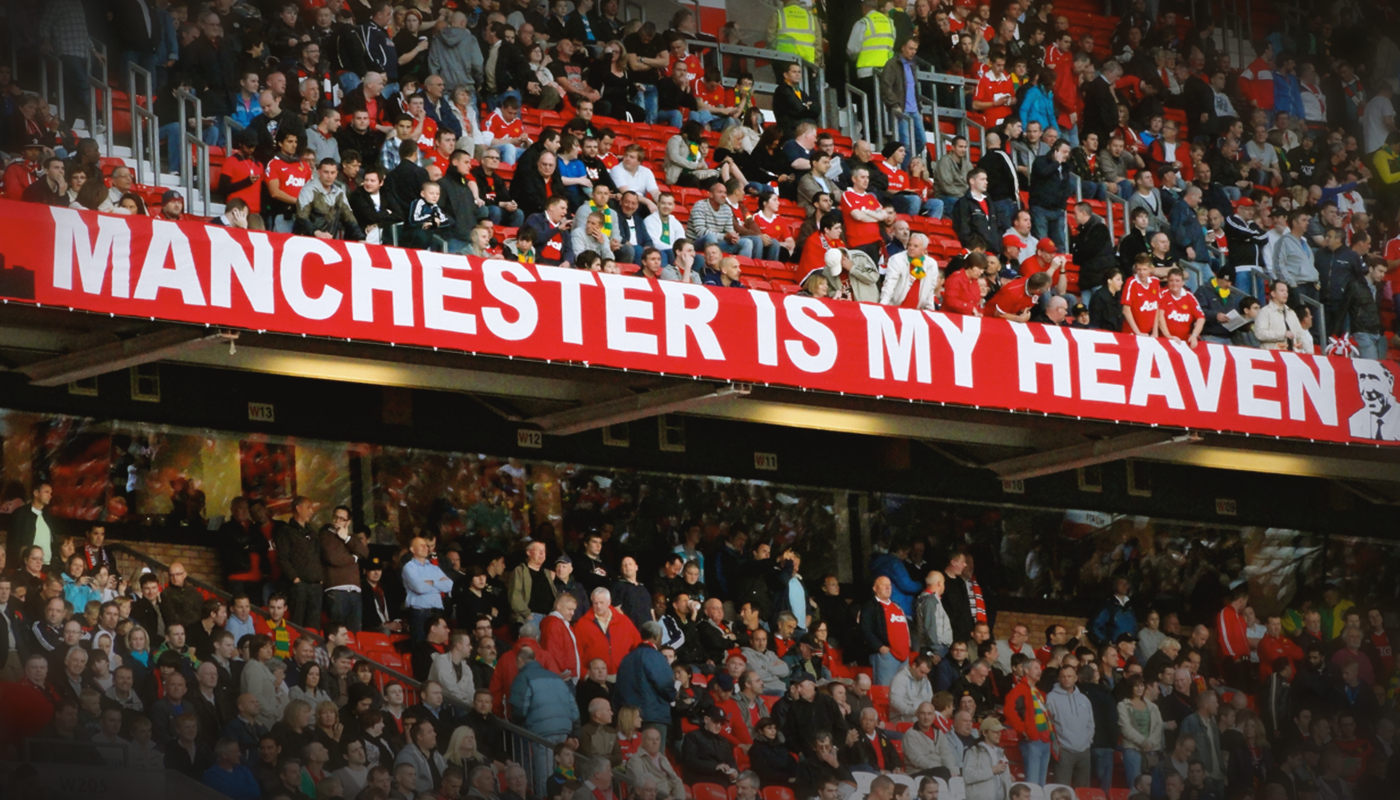
Imagine you fall and sprain your ankle. You’re alone, on the ground, clutching your foot and writhing in pain. A stranger walks by, sees you, and continues on their way. Why would they not help? The logo printed on your shirt might have something to do with it.
A classic experiment conducted in the United Kingdom on fans of the Manchester United professional soccer team found that 70% did not stop to aid a twisted-ankle victim donning a jersey of the rival team, Liverpool. When the accident victim wore the Manchester United colors, on the other hand, only 8% of the Manchester United fans failed to help. Unbeknownst to the participants, the “accident victims” were actors putting on a dramatic performance, so their prejudice caused no harm. But it’s nevertheless a troubling revelation on human nature.
The discriminatory behavior of the Manchester United fans can be explained by what psychologists call “in-group bias.”
In-group bias
A tendency for humans to be more helpful and positive toward members of their own group.
In-group bias is not the result of weighing the pros and cons of our actions and making a decision. It’s a primal response developed over millions of years of evolution for which, typically, we have no conscious awareness. Our prehistoric forebearers survived the harsh conditions of the African Savanna by clumping into tribes of, typically, 50-200 individuals that were intensely devoted to helping each other. As a result, evolution has hardcoded into our genes discriminatory behavior. We are naturally more empathic toward our in-group than to others, known out-group members. In fact, we’re even naturally inclined to hinder or hurt out-group members for the benefit of in-group members.
We’re so prone to in-group bias that researchers have found people can easily be manipulated into prejudice using baseless criteria like eye color and a random coin toss. Politicians, talk-show hosts, and military generals have pit people against each other using similarly senseless distinctions. In short, our natural agility in developing new in-group biases often fuels systemic racism, wanton cruelty, violent conflict, and other injustices.
Our biases are malleable
The ease with which we delineate new in-groups and out-groups, however, might also be our salvation. In the aforementioned experiment that led to unfavorable treatment of rival-team fans, participants had reflected on what they liked about being a Manchester United fan before encountering the “injured” individual. To dramatically reduce prejudice against fans of another team in a subsequent experiment, however, all researchers had to do was broaden the reflection exercise. When Manchester United fans considered the joys of being soccer fans, in-group bias dropped dramatically.
Study results
With this simple intervention, only 30% didn’t help the rival-team fan, down from 70%.
We are so inherently inclined to overcome our biases![]() that merely thinking more inclusively for a few minutes often does the trick.
that merely thinking more inclusively for a few minutes often does the trick.
Hack
Reframe the situation with broadened reflection questions to reduce in-group bias.
Good managers can help us overcome our biases
In other words, modest interventions can erase in-group-out-group distinctions. What’s more, an activity that most of us do every week lends itself especially well to such prejudice busting: work. Specifically, research finds that every time managers establish diverse teams that have common goals, equal status across members and intergroup cooperation, they help their team members overcome in-group biases. In summary, thoughtful leadership can help us build a society where no one ever suffers a sprained ankle, or any hardship, without the rest of us coming to their aid.![]()
Bea Boccalandro is a purpose adviser to over a dozen Fortune 500 companies and author of “Do Good at Work: How Simple Acts of Social Purpose Drive Success and Wellbeing.”

